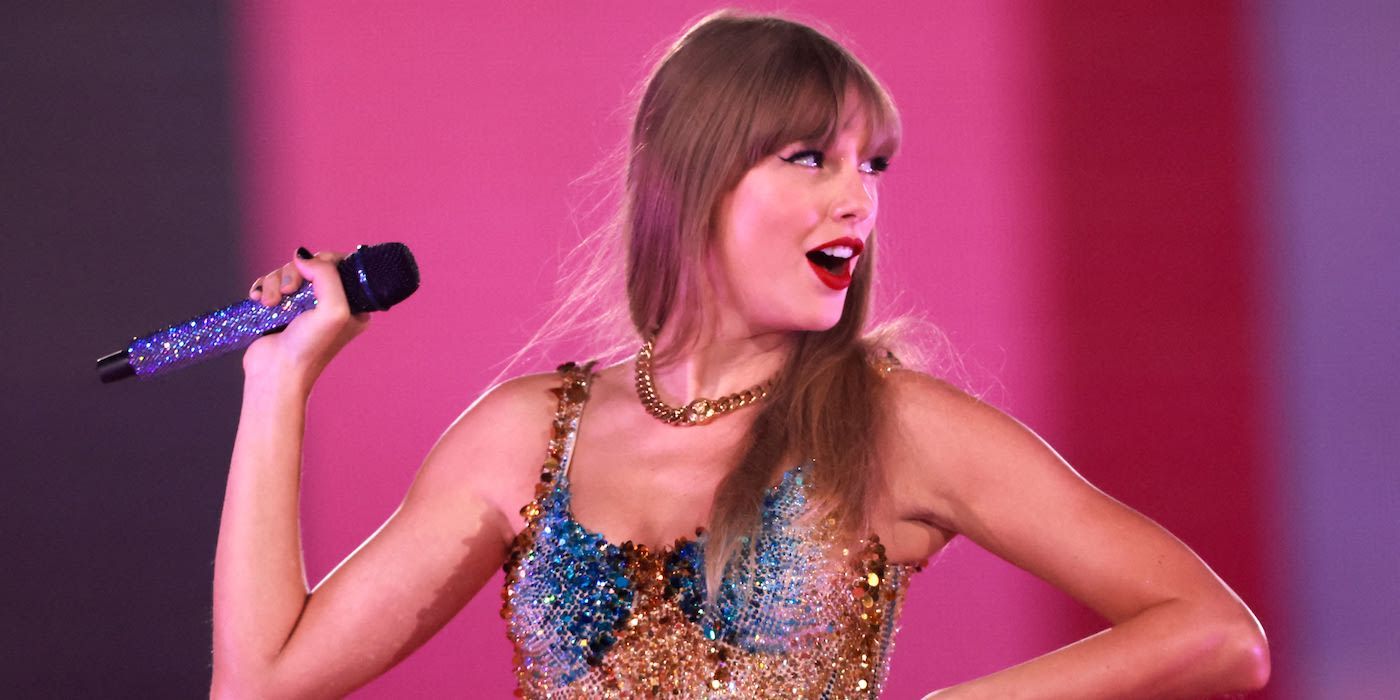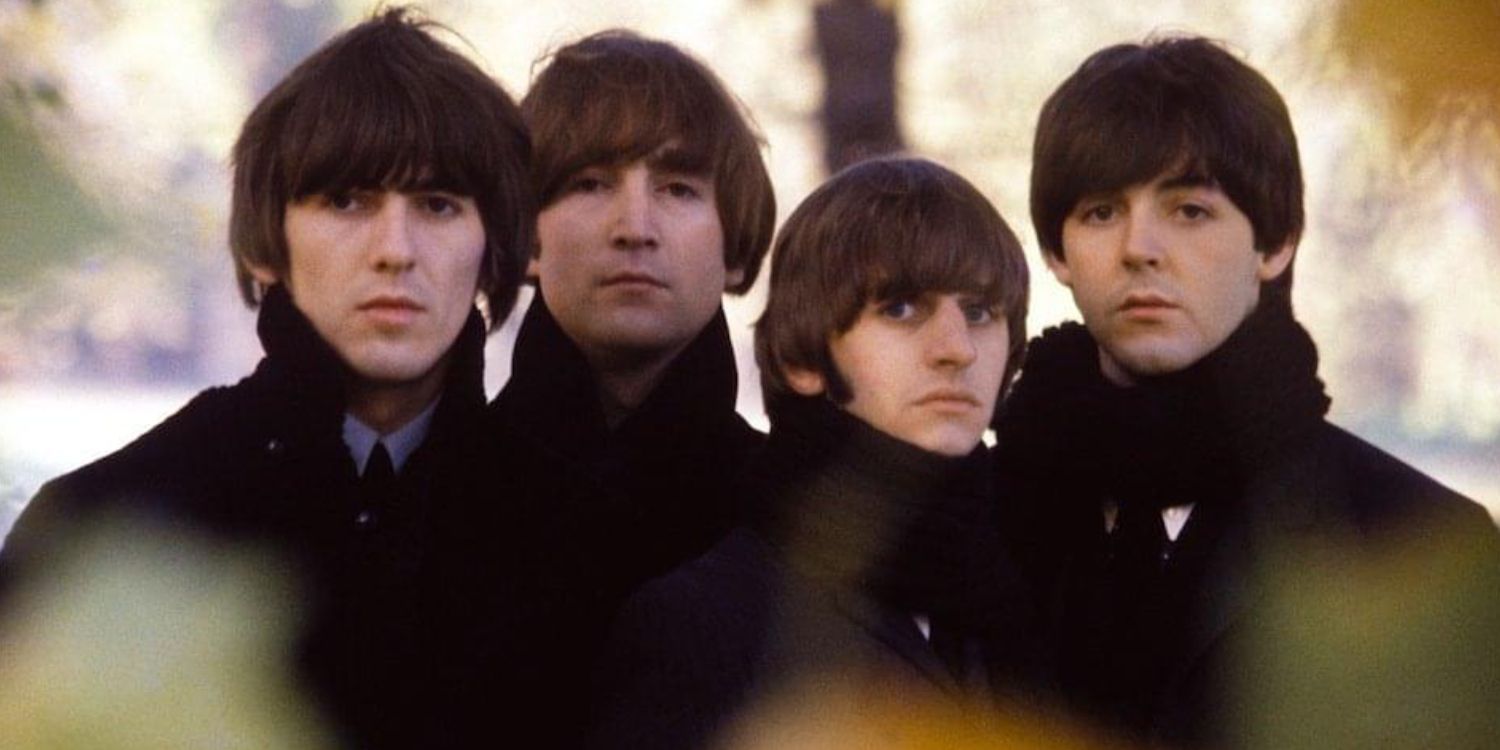It’s been 10 years since Adele released 25, her incredibly powerful record of gut-wrenching classics. It was led by the hauntingly intimate single “Hello,” a traditional ballad with powerful vocals expressing emotional clarity, accompanied by a piano that was insanely successful both commercially and in its cultural effect. “Hello” and the rest of the songs on 25 reached a peak that seems to have rapidly declined in an age of algorithms and irony. The music landscape is now constantly shifting, struggling to stay in sync with any deeper forms of sincerity. The ballad is losing its place in the land of the relevant, pinballed by explorations of subgenres and streaming.
Ballads Have Quietly Faded From Mainstream Pop Music
The iconic 25 was led by the single “Hello,” A gut-wrenching track that relishes in its simplicity to be one of the most successful ballads ever, accumulating 7.32 million streams in the first week of its release. It has a surprisingly simple arrangement and production, graciously placing the vocals at the forefront. It’s a no-brainer when that voice belongs to Adele. The song pours out the rawest emotions, with Adele’s unbelievable performance resembling not that of a person, but an otherworldly powerhouse representation of heartbreak. “Hello” only teased the success of what was to come from 25, with now timeless favorites “When We Were Young” and “All I Ask” being triumphant when they were released. 25 went on to break Grammy history in 2015 by winning in the five categories for which it was nominated, including Album of the Year. This is incredibly impressive considering Adele was only 25 when she began her work on the record, keeping in line with the numerical titles of the rest of her records.
Since then, we haven’t really seen, or more importantly, remembered, another ballad that has hit quite as hard. Adele’s next release, after 25, 30, was amazingly successful, but did not quite achieve the seismic effect that its predecessor did. Since 2015, pop music has faced a reconstruction on a mass scale. The charts are no longer dominated by one particular genre, but have seen a complete refraction into a multitude of subgenres. This is, in part, down to the wave of bedroom pop and the evolution of increased accessibility for musicians to create anything at any time on a laptop. Streaming platforms and social media favor frequency and curiosity over longevity, meaning that the structure of music has evolved and fragmented into a taster menu of genres. Through this continuous exploration, ballads are struggling to stay sturdy, and only small parts survive, their splinters used as experimentation in contemporary songs.
It’s crucial to note that Adele herself feels like an old-timer. Her soulful belts and willingness to express emotion put her in a league with Aretha Franklin and Ella Fitzgerald. With her vintage hair and makeup complementing her golden-age vocals, Adele actually references a generation of ballads before her. It’s difficult to comment on without deconstructing the complete evolution of music, but after Adele, it’s uncertain that the ballad can survive another revival in its pure form.

Related
How Songwriting Is Evolving With Today’s Culture
It’s not just musical structure and genre that are putting ballads at risk, it’s a new approach to emotion and language. Adele is open-hearted, completely surrendering to her emotions to fuel her songs. But we increasingly live in a time of emotional desensitization. This is, of course, driven by the tyrant that is the internet, destroying the genuine connection we may find. It also destroys any pride we may have in feeling deeply, instead fueling shame into any sense of sincerity. Social media seems to reward performance over soul-searching, and sarcasm has become a protector against any embarrassment.
This isn’t to say that current musical artists aren’t tapping into their emotions. Billie Eilish comes close with “What Was I Made For.” The song is incredibly beautiful and feels like it could qualify for the ballad wheelhouse, but not quite. Eilish delivers whispers of sorrow, and whilst she can belt, she chooses to give a much softer approach, embracing defeat over an explosion of expression. This shows the evolution of the ballad into something more distant. Eilish has a narrative of losing connection with the world as a whole, rather than exploring a connection with an individual. This is a study into how, in the last ten years, there has been less interest in focused relationships, and more distress in inner turmoil and quite large-scale existentialism. This simultaneous battle with micro and macro matters is something that the internet has overwhelmed us with, blurring out the middle man, the ballad.

Related
The Beatles Didn’t Just Inspire Rock—They Set the Stage for Drake, Billie Eilish, and Taylor Swift
The influence of The Beatles on the music industry is undeniable, but sometimes people don’t realize how much they still affect modern music.
Ballads are inherently exposing, not only for the musical artist but for the listener. With lyrics like “Hello, how are you? / It’s so typical of me to talk about myself, I’m sorry” directly addressing someone on the other end of the conversation, “Hello” explicitly requires complete attention. This perhaps entails a level of personal discomfort that the younger generation just aren’t comfortable with, as well as the fact that a slow burn doesn’t exactly grip the attention of those used to 15-second videos.
The ballad isn’t quite finished, but it’s certainly been shelved. It’s less of a complete loss, but a shift in its place and purpose in contemporary listening. Ballads are meant to be listened to tentatively and with full attention, so while they are fading, the last echoes of 25 are still lingering. Adele may reemerge with more incredible music, or a new voice will break through. But, for now, the ballad is on a hiatus, and we might need to wait until we can listen truly vulnerably before it returns again.

